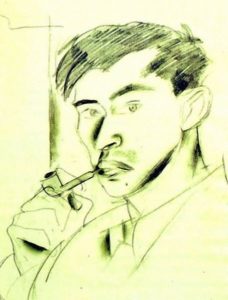
1892 - 1956
Jean Pougny

description
A Russian Italian-born artist who worked in France for many years. Repin’s pupil and a brilliant representative of the Russian avant-garde in the early period of his creative work, Jean Pougny worked in the manner of Fauvism and lyrical primitivism in the longer Parisian period of his career.
He was the organizer and sponsor of such avant-garde exhibitions as “Tram B” and the last futuristic exhibition “0, 10”. In collaboration with his wife, artist Ksenia Boguslavskaya, he wrote a manifesto declaring the liberation of creativity from semantic content. Together with Malewicz, he gave a lecture on “Cubism – Futurism – Suprematism” and became a founding member of the union “Freedom to Art” and the community “0, 10”.
He was a professor at the Petrograd free art workshops, collaborated with the newspaper “The Art of the Commune”, at the invitation of Marc Chagall taught at the Vitebsk Folk art school. Having emigrated to Germany, he wrote a controversial book “Modern Art”, which contained not only biased analysis, but also sharp criticism of non-subject matter.
Becoming a French citizen, he was twice awarded the Legion of Honor. Pougny’s work of different periods is represented at many museums around the world – except for Russia; those are in France, the United States, Great Britain and other countries.
Key ideas:
– The evolution of Pougny’s work was mostly defined by his constant inner contradictions. His emotional, close to expressionistic artistic temperament made him suddenly shift from the early style of synthetic Fauvism to canvases in the style of analytical, non-objective art. However, later he returned to colorful still lifes and scenes.
– Being greatly inspired by the introduction of real materials into futuristic and cubist collages, he created relief designs and subsequently transferred elements and principles into abstract pictorial compositions.
– Before the exhibition “0,10” (1915, Saint Petersburg), Pougny together with Malewicz, Boguslavsky, Kliun described the artistic credo common to them, “Paintings are a new concept of real but abstract elements, and therefore they are devoid of customary meanings”. In collaboration with Kazimierz, Pougny wrote lecture-report “Cubism-Futurism-Suprematism”, which asserted the “topness” of the new art.
– In the Berlin period of his creative career (early 1920s), Pougny considered it necessary to declare his condemnation of his own Suprematist achievements, which, from the point of view of art history, does not cancel or diminish their values.
1892
1900
1910
1912
1914
1915
1917
1919
1921
1924
1928
1940
1946
1956
The artist was born
Took private lessons from I. Repin
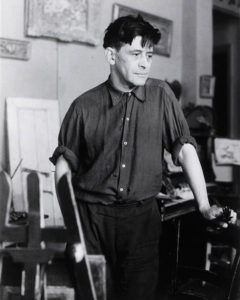
Studies at private academies of Julian and Colarossi
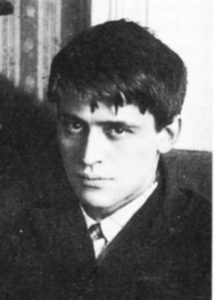
He returned to St. Petersburg
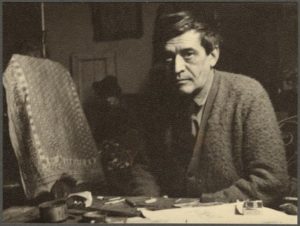
He became interested in Cubism

Returned to Russia

He became an exhibitor of the “Jack of Diamonds” exhibition
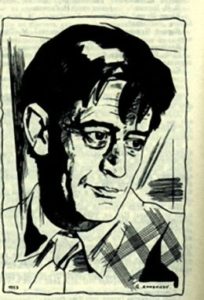
He became a professor at the Art Institute of Vitebsk
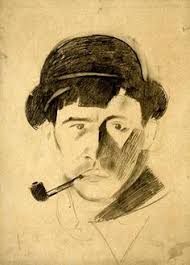
The artist’s personal exposition
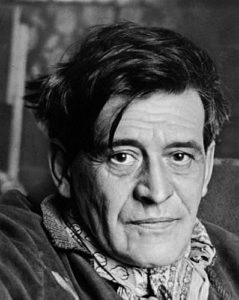
He finally settled down in Paris
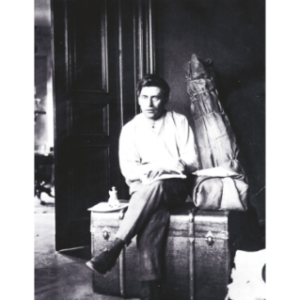
The exhibitions
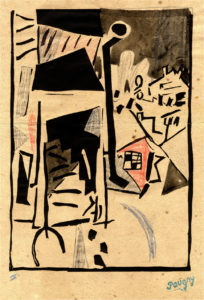
He moved to the south of France
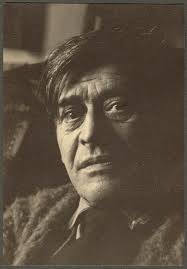
Received French citizenship
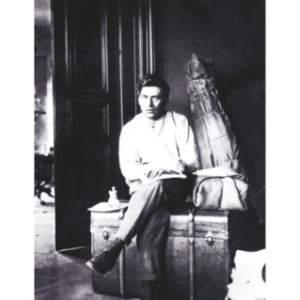
The death
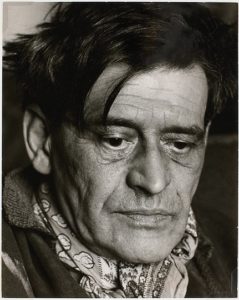
Jean Pougny
On Artist
flow
Suprematism
Cubism
Futurism
Neo-primitivism
friends
Mark Shagal
David Burliuk
Albert Marche
Fernand Leger
artists
Ilya Repin
Paul Cezanne
Nikolay Kulbin
Kazimir Malevich
Pierre Bonnard
Edward Vuillard
By Artist
flow
Abstract expressionism
friends
Fernand Leger
Amede Ozanfan
Gino Severini
Sonya Delaunay
artists
Ksenia Boguslavskaya
Ivan Klyun
Nadezhda Udaltsova
